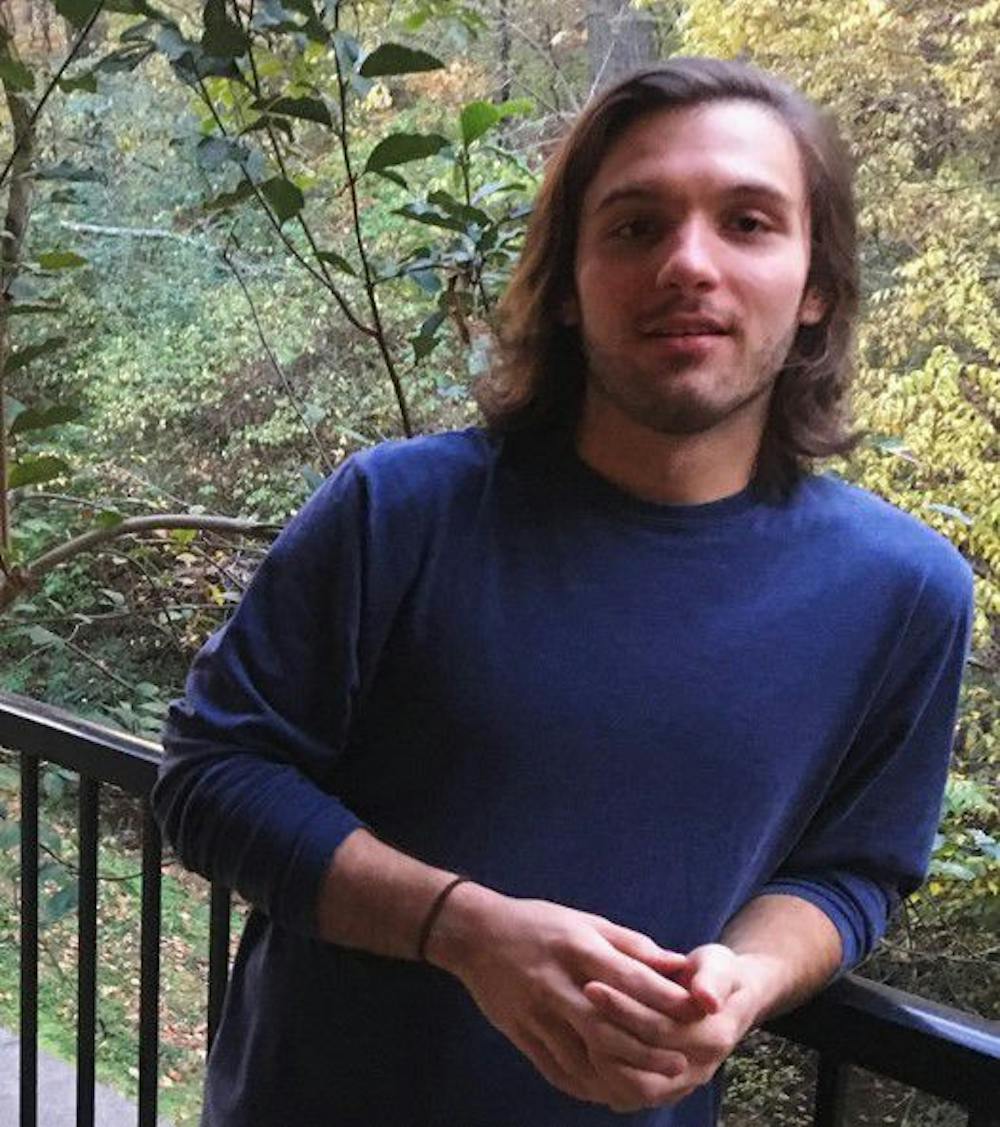The censorship and control of certain speech in the university implies that the subjecting authority holds a specific position, and other points of view are unwelcome.
The executive determination that certain speech is inappropriate and should be censored, suppressed or even prosecuted because of its degree of offensiveness has implications spanning beyond the mental states of those capriciously offended.
This provision prohibits the expression of ideas which may be contrary or challenging to the position held by the censor as indicated by its discernment process, but also ideas which may not be, as the prohibition of discourse often prevents the verdict from even being made.
Preventing the status quo, which is being imposed, from challenge indicates a semi-totalitarian control of thought. The freedom of speech is a practice and philosophy which has led civilization to such maturation that the enforcement and preservation of human rights is law and that the standard of living is at its highest yet.
Anyone with any idea must be given the freedom to speak, not with the intention of challenging it, but with the consideration that the idea of subject was formed under some pretense featuring at least one rational idea or a rational pretext, even if the train of thought following this rational element is worthy of challenge or subjection to criticism. It is most likely that elements or premises of ideas which reach the forum—and have amassed support to have done so—contain some amount of truth or relevance, which makes them all the more valuable for public dissemination.
Author Christopher Hitchens once formulated the importance of the public deconstruction of certain ideas, saying it prompts one to ask: Why do I know what I already think I know? If a society is expected to operate efficiently by the concerted effort of its individual parts—and if individual decisions and those proximities which they effect are base parts of the machine—individuals should be expected to have a conception of their values as they fit into greater society, so that society can be benefited, and, in turn, benefit all individuals to allow the cycle to repeat healthily.
Individuals should be free to rationalize for themselves, obviously constrained or guided—depending on how one views it—by their shared community values and perceptual limitations, what they believe is right or wrong.
To allow ideas to reach the public discourse and be publicly criticized is to potentially strengthen society by emboldening shared values and blacklisting detrimental ones as they come. It is a safeguard against blind consensus, which is a complacency of sorts.
This is particularly important on the university campus, as it is an institution that fosters the governors, journalists, entrepreneurs, pastors, academics and social workers of our future and has a special responsibility to those students and to the society which will rely upon them. If any idea can be valuable in the manner aforementioned, the prohibition of access to any rightfully spoken idea for the sake of someone who has claimed the right to be offended is in its implication a violation of fairness, as the rights of many must compromised for the accommodation of one or few.
Modern Western society must be regarded as being stable enough to reckon with any idea as it comes if the freedom of thought and speech is to be maintained. It is as author Douglas Murray said in a recent discussion: “The hyperventilation of politics is one of the ways in which you keep your democracy fresh.”
Jonathan Pesce is a senior majoring in international studies and history. He is interested in international relations, geopolitics, history, sociology and music. He is from Jackson Tennessee, and he is an executive in the College Republicans at U of M, a photographer and the owner, friend and hiking partner of a dog named Bear.
Jonathan Pesce




